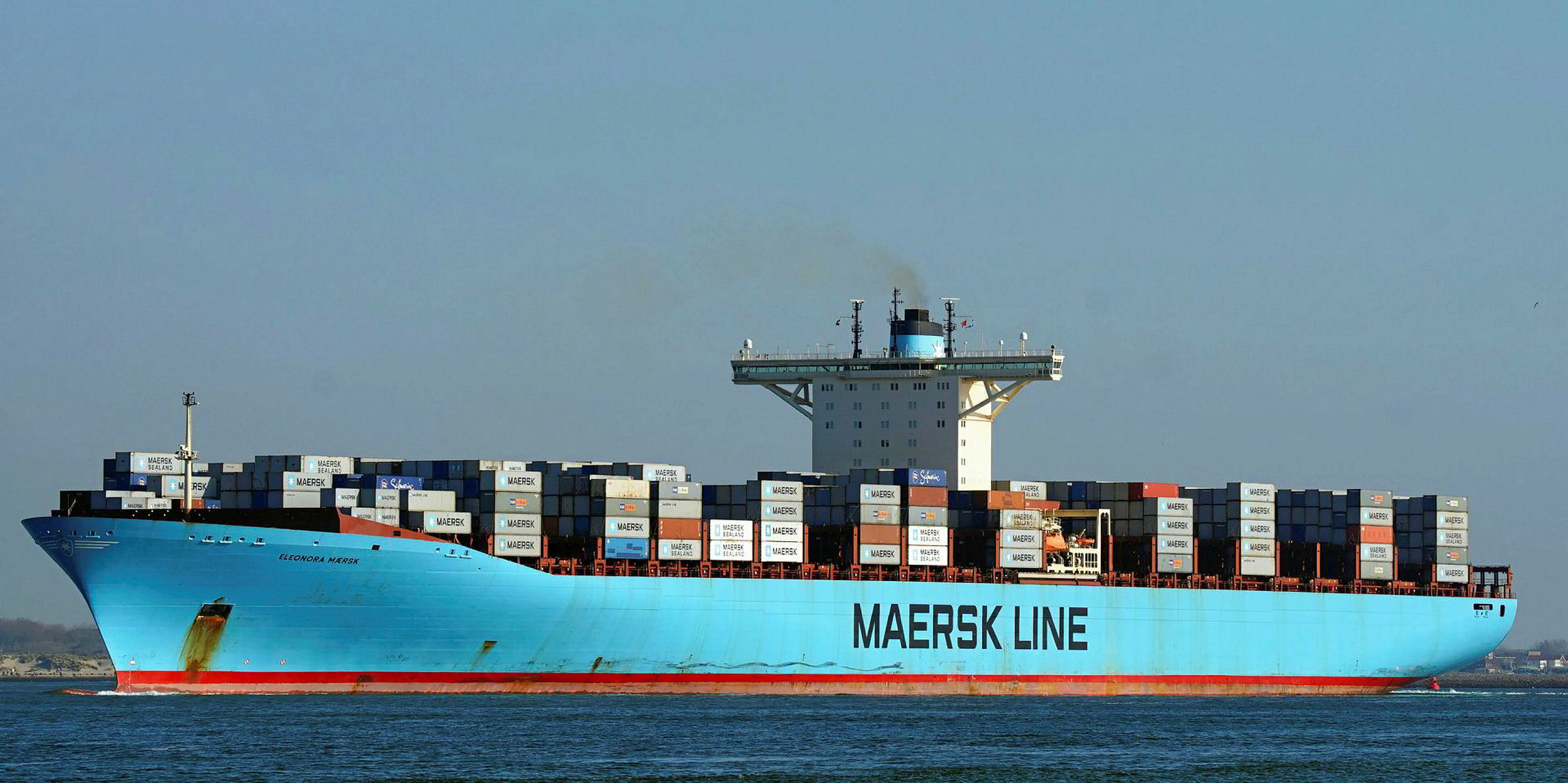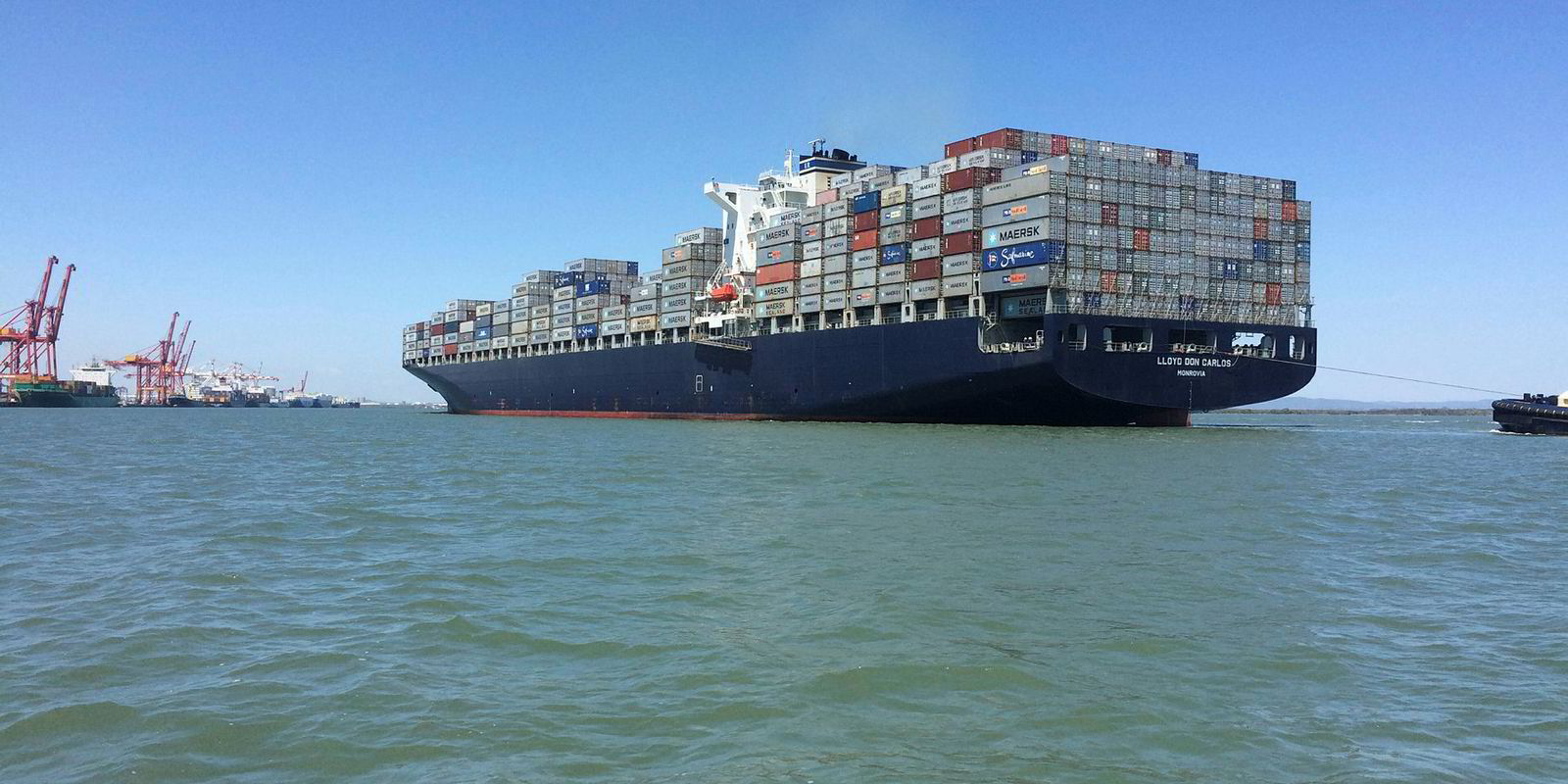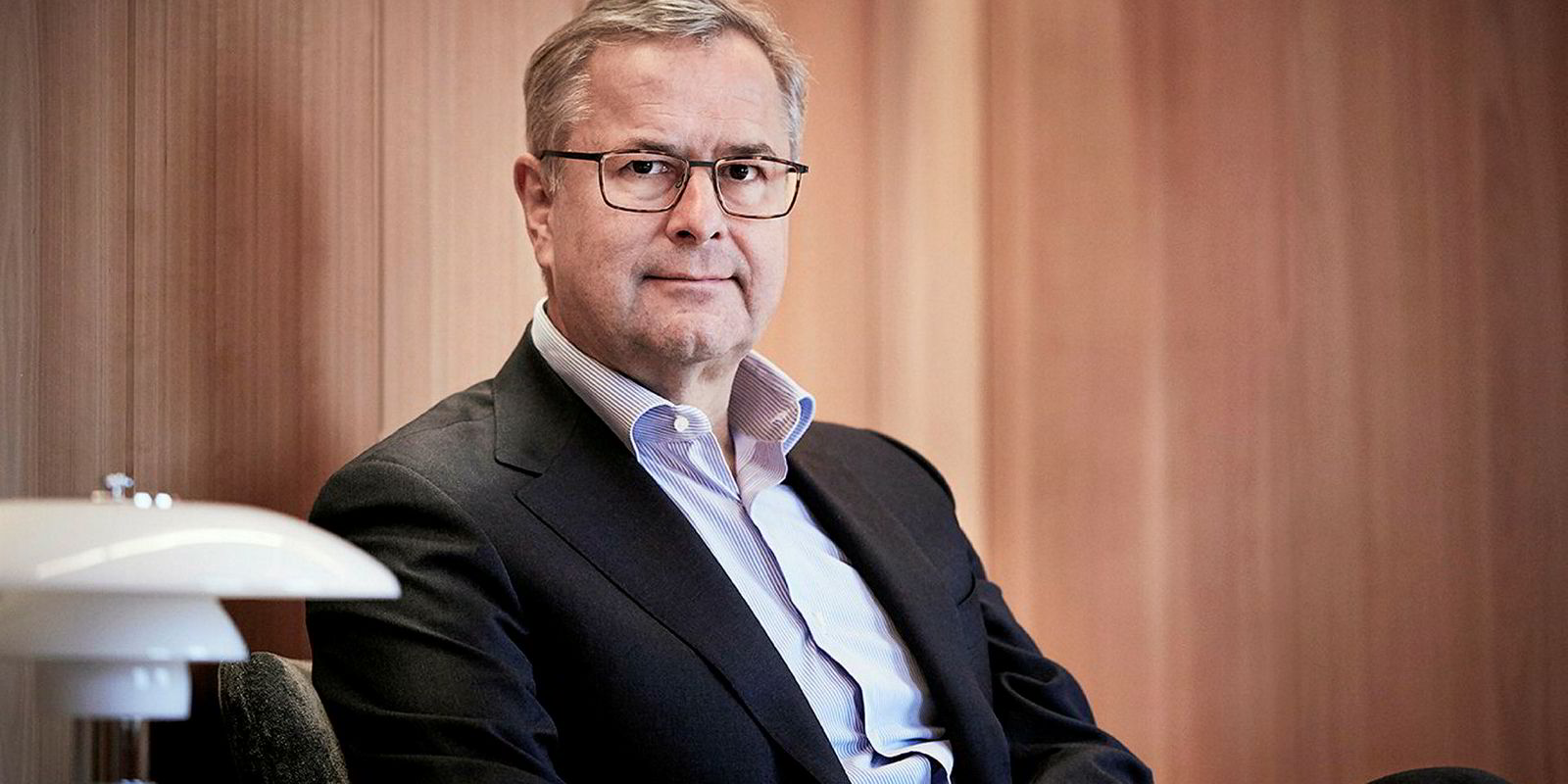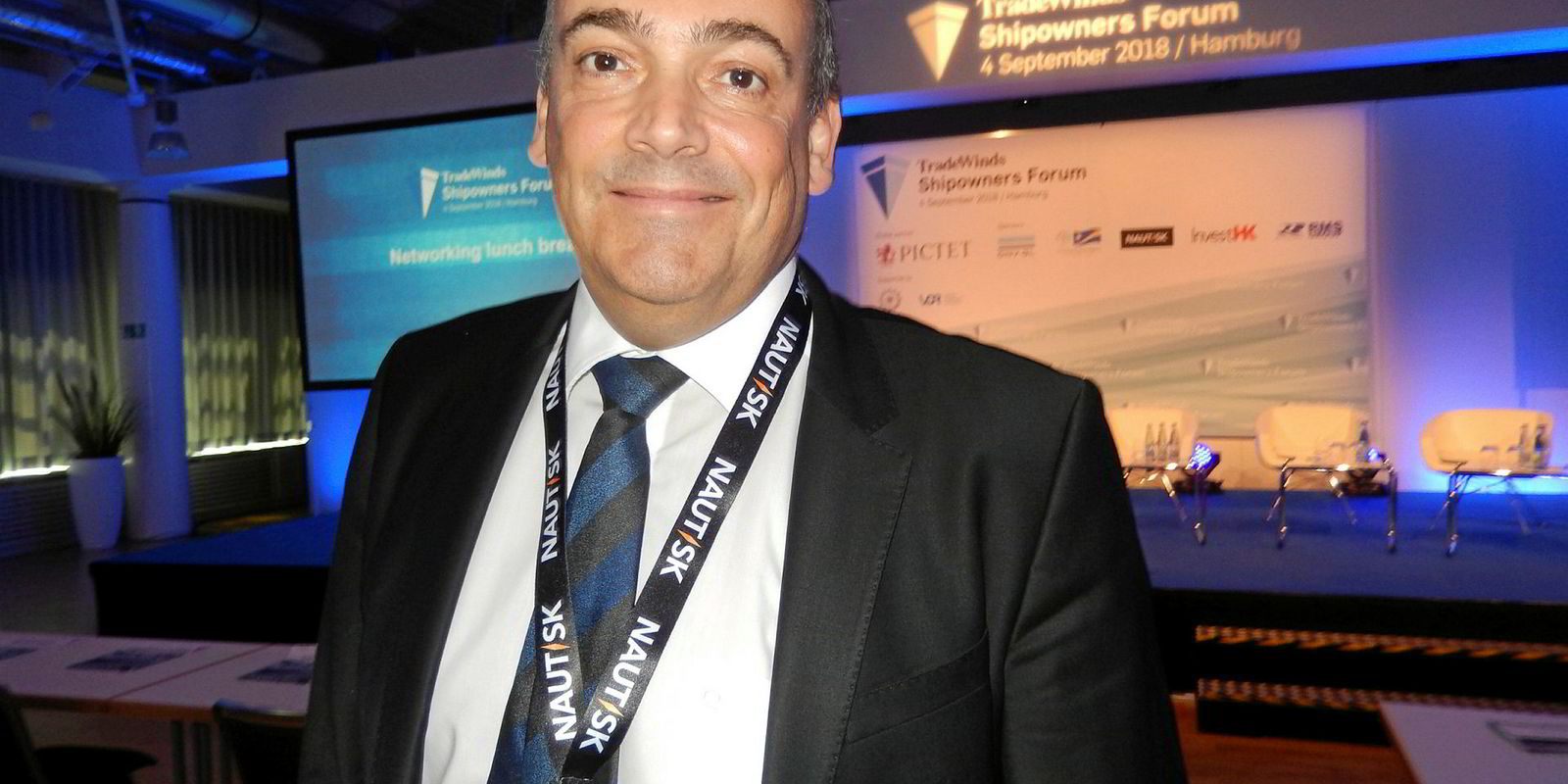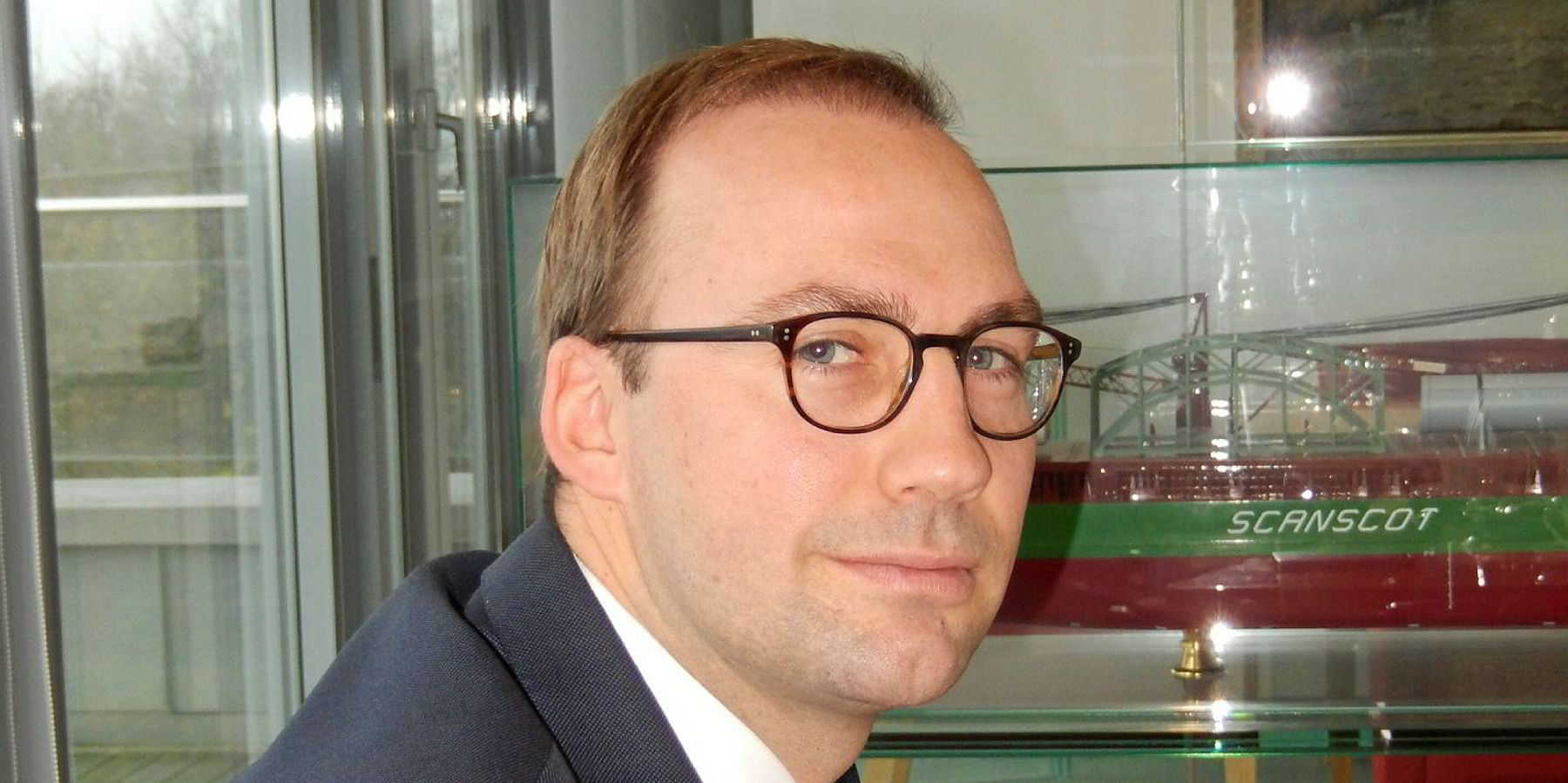Shipping consultancy Drewry has warned that being "good at shipping" may not be enough if giant boxship lines succeed in diversifying throughout the whole supply chain.
It identified three strategies that owners have been taking to differentiate themselves from the competition: global integration in logistics, consolidating the core sea product or enhancing scale through fleet expansion.
Drewry said it has often been hard to distinguish one carrier from another "with few observable unique selling points aside from obvious regional affiliations and size."
But this could be about to change, it added.
"It remains to be seen which of these strategies is the most effective, but the biggest risks are being taken by the global integrators who could be about to leave the more cautious competition behind.
"If – and it’s a big if – they are successful in achieving their aims the competitive landscape will change completely in the liner world and simply being good at shipping won’t cut it any longer. It will be about how wide your reach is."
Big investments needed
Maersk Line has ambitions to be a global integrator of container logistics and become like UPS and FedEx, it has said.
CMA CGM also has this strategy in mind though its move for CEVA Logistics.
Drewry said this type of company has already been through the economies of scale revolution, which hasn’t yielded sustained profitability, and now wants to leverage their size by getting across more of the supply chain in a bid to claim more of the sales and profits.
The size of the task involved and investment required to achieve it are huge, it warned.
"Initially at least, shipping lines would be going into competition with their forwarder customers and terminal operator suppliers, some of which have similar ambitions of their own.
"This could be a source of conflict and potential lost business," it said.
"Ultimately, the aim is to get closer to the cargo owners as the single provider for all their transportation needs. It’s not clear how appealing this will be and if shippers will balk at the potentially restricted choice and dominance afforded to the new supply chain kings."
Drewry believes a company like Germany's Hapag-Lloyd, however, will not be going down this route, putting network optimisation and revenue management at the forefront.
The idea is that container shipping is what it does and it will do it better than the competition, according to Drewry.
The consultancy questioned whether trying to be profitable and offering a good level of service can really be described as a strategy, however. "It should be taken for granted," it said.
"In our opinion, carriers that follow this lead will have essentially opted out of the big ship arms race (which would help address the industry’s overcapacity) and are less likely to engage in M&A," it added.
Scale struggle
If the bigger lines fail in their ambitions, Hapag-Lloyd could be well-placed to capitalise, but it could also be vulnerable to takeover if they succeed, Drewry said.
Regarding the third approach, expanding the fleet, it said HMM has recently tried to join the party, ordering 20 big boxships in Korea to capture more market share.
Drewry has previously said its ambitions are incompatible with market stability, but HMM believes its growth path is a realistic target.
"Buying more ultra large container vessels when the market can barely accommodate what is already on the water will delay the industry in obtaining balance between supply and demand that could sustain greater profitability," it said.
"There is little point having mega-ships if having them means freight rates are uneconomic."
